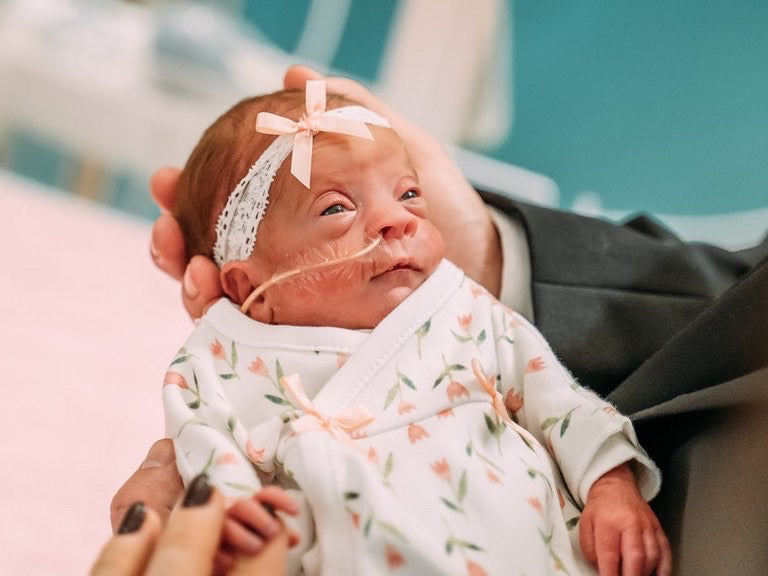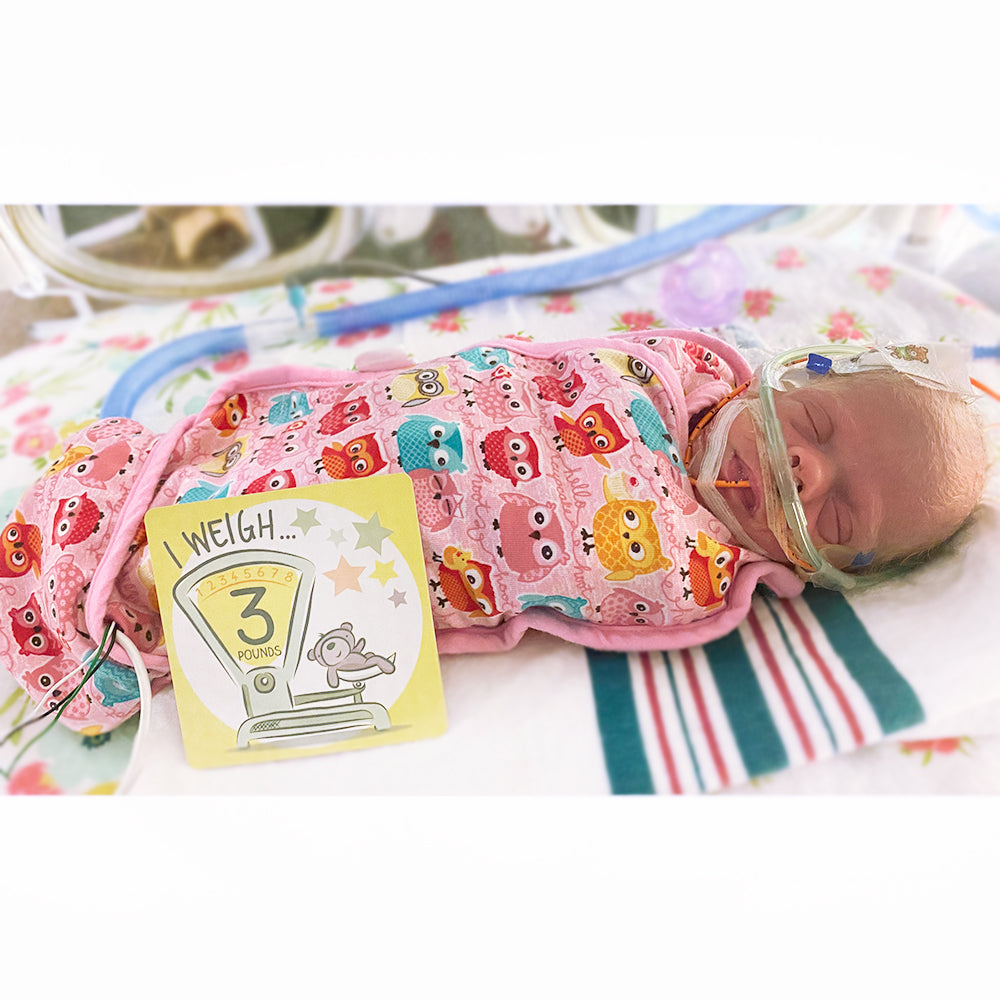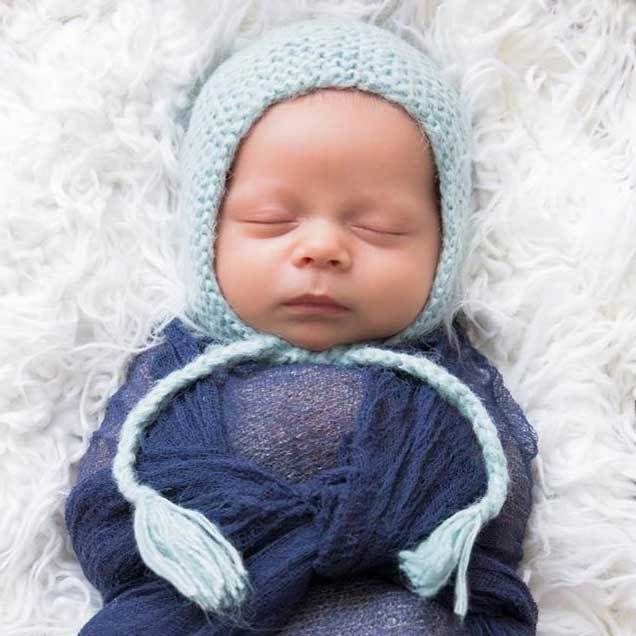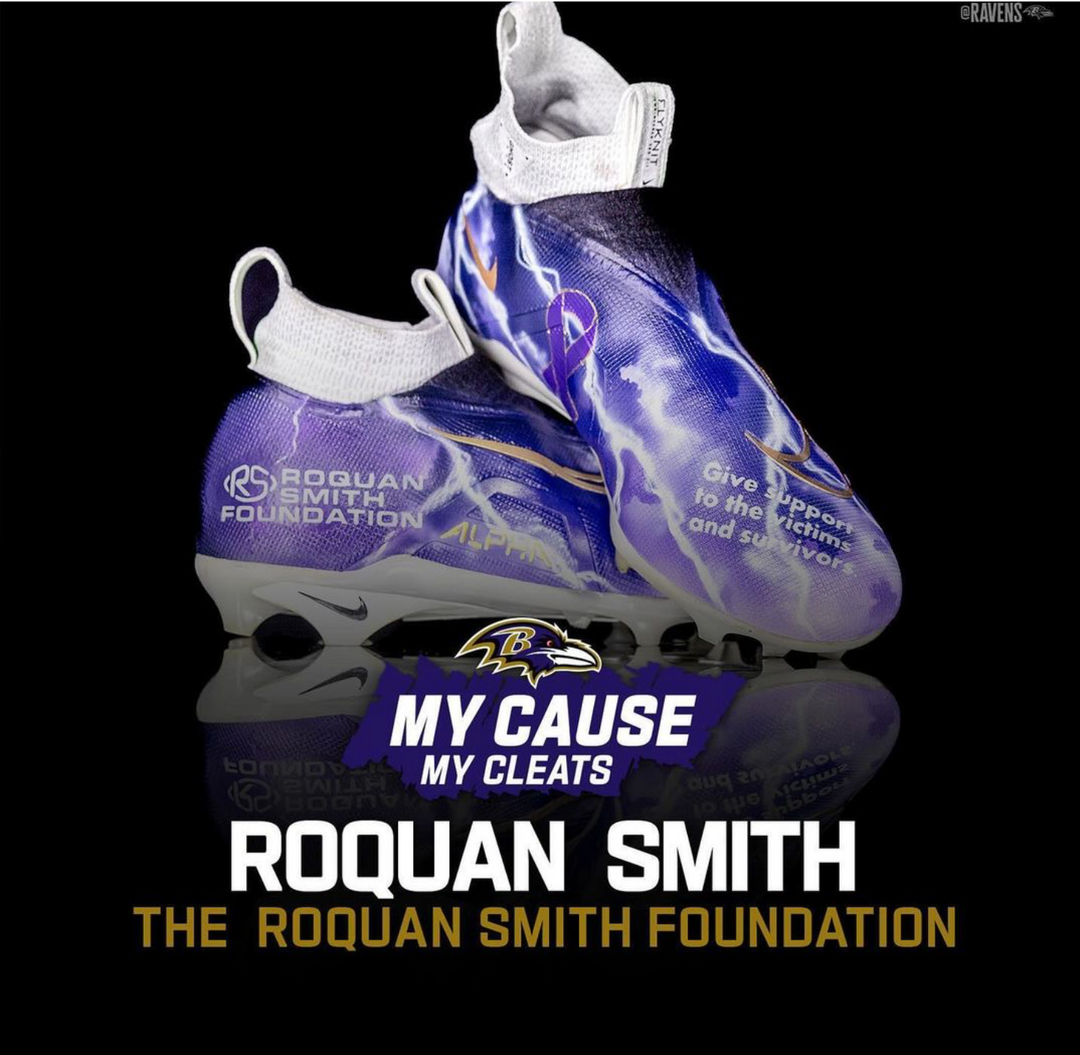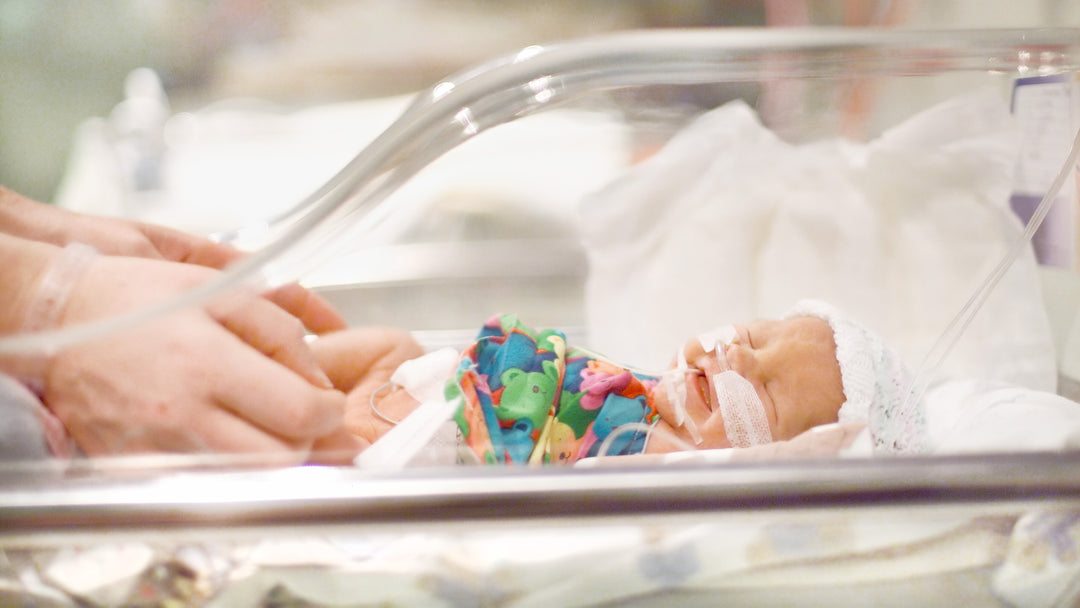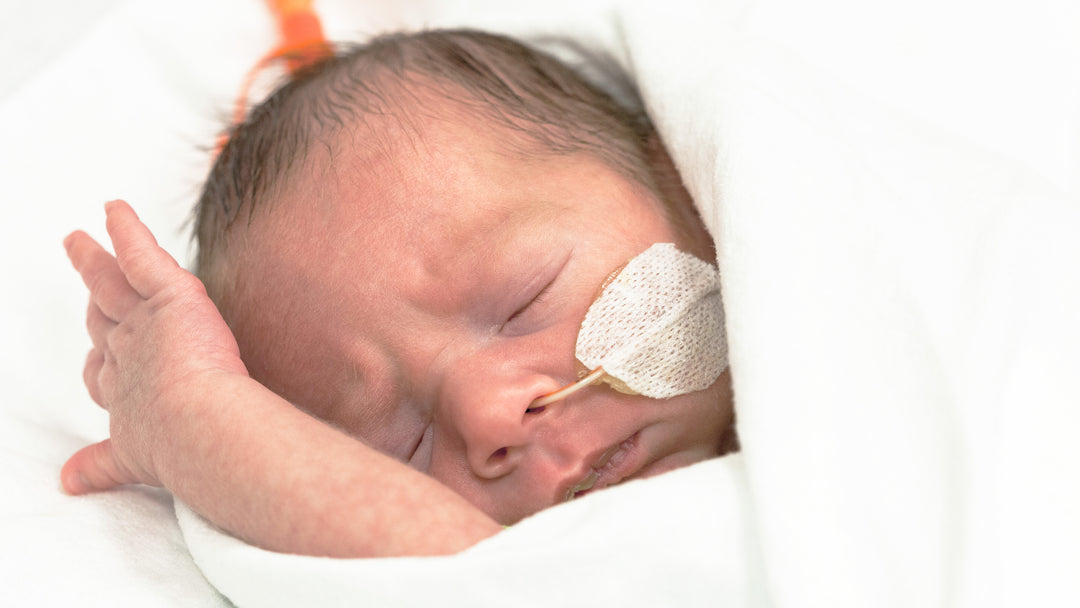Can Preemie Parents Have PTSD?
Right off you may be asking yourself, "Why would she be writing about PTSD on a Preemie site?" We often hear about PTSD (Post-Traumatic Stress Syndrome) in regards to combat situations on the news. However, for families who have spent time in the NICU, they would say it was combat. They were there fighting day in and day out for their babies' survival! After I read several stories about parents' various NICU experiences, I realized that this is an issue that many preemie families are dealing with.
First of all, many parents do not have a clue that they are going to experience the ride of the NICU! They are just beginning their pregnancy journey and the joy it brings. Perhaps they may have only recently found out if they are going to have a little boy or girl. The nursery plans are forming, and Mom is just trying to embrace the changes in her body. Life is getting exciting! The hope of the new life growing inside and the reality of a little one joining the family is building in anticipation. Then suddenly, a doctor's visit or an emergency event occurs and she finds herself in the hospital. Doctors are talking about c-section, placenta previa, placental abruption, incompetent cervix, and many other medical terms that one may have never heard before. One begins to ask and wonder, "Why me?" "What did I do wrong?" Along with many other questions all spinning around in one's head. Meanwhile, there are a million sounds, people, nurses, social workers, billing paperwork, lab techs coming in to poke the mom; who can't get out of bed, even to pee! Ugh – the world starts to spin out of control and your stuck right in the middle of it thinking, "What happened to that happy little world I was just reveling in?"
"Emily Collins writes in this article for "The Mighty," Why We Must Screen NICU Moms for PTSD
I never imagined I would be rushed to the operating room, bleeding, horror movie style, after experiencing a rare pregnancy complication known as placental abruption. The perfect delivery I wanted was replaced by a whirlwind of bright lights, a cold table, and the memory of seeing my child, born 10 weeks prematurely, wheeled past me on his way to the Neonatal Intensive Care Unit (NICU).
Catriona Ogilvy writes in "The Mighty," about her experience:
"No one warns you about the flashbacks though. PTSD often presents itself once you are home. The support network of the hospital can disappear overnight, and you are left to wonder how on earth you made it through. Family and friends with good intentions assume the difficult times are behind you and the idea that discharge home would be the end of your neonatal journey suddenly seems farcical. The usual ways to access support were closed to me, with well-meaning questions at health visiting clinics or baby groups only intensifying negative feelings of anger, jealousy, and grief. For me, the reality of becoming a mother in NICU was so far removed from the “norm” that I become isolated, unable to connect with local mums and the experiences of other families."
Reading these two stories will hopefully encourage you and help you recognize that you are not alone in your feelings. If you and other preemie parents will share their NICU experience it will assist everyone in better understanding their preemie journey. This can be a great first step in overcoming the feeling of being alone, and possibly realizing the need for help with the situation.
So what is PTSD exactly?
Post-traumatic stress disorder (PTSD) is a mental health condition that's triggered by a terrifying event — either experiencing it or witnessing it. Symptoms may include flashbacks, nightmares and severe anxiety, as well as uncontrollable thoughts about the event.
Symptoms of postpartum PTSD might include:
- Intrusive re-experiencing of a past traumatic event (which in this case may have been the childbirth itself)
- Avoidance of stimuli associated with the event, including thoughts, feelings, people, places, and details of the event
- Persistent increased arousal (irritability, difficulty sleeping, hypervigilance, exaggerated startle response)
- Anxiety and panic attacks
- Feeling a sense of unreality and detachment
- Avoiding thoughts, feelings, or conversations about it?
- Avoiding activities, places, or people who remind you of it?
- Blanking on important parts of it?
- Losing interest in significant activities of your life?
- Feeling detached from other people?
- Feeling your range of emotions is restricted?
- Sensing that your future has shrunk (for example, you don’t expect to have a career, marriage, children, or a normal life span)?
Are you, or a loved one troubled by two or more of the following:
- Problems sleeping?
- Irritability or outbursts of anger?
- Problems concentrating?
- Feeling “on guard”? An exaggerated startle response?
This great information was found at www.postpartum.net This is a good resource for information regarding postpartum PTSD and postpartum depression.
Something else that should be considered with parents dealing with PSTD are "triggers." These may include sounds, smells, dates, and many other things that bring you right back to the situations. In this article: Helping Someone with PTSD, we are given a great list of possible PSTD triggers. It is good to be aware of these potential issues and to talk about them with your spouse or support people so they can help you avoid them and better understand the challenges you may face.
Common external PTSD triggers
- Sights, sounds, or smells associated with the trauma
- People, locations, or things that recall the trauma
- Significant dates or times, such as anniversaries or a specific time of day
- Nature (certain types of weather, seasons, etc.)
- Conversations or media coverage about trauma or negative news events
- Situations that feel confining (stuck in traffic, at the doctor’s office, in a crowd)
- Relationship, family, school, work, or money pressures or arguments
- Funerals, hospitals, or medical treatment
- Physical discomforts, such as hunger, thirst, fatigue, sickness, and sexual frustration
- Any bodily sensation that recalls the trauma, including pain, old wounds, and scars, or a similar injury
- Strong emotions, especially feeling helpless, out of control, or trapped
- Feelings toward family members, including mixed feelings of love, vulnerability, and resentment
Another great blog post about PTSD is from SingleCare.
I would highly recommend if you are reading this blog post and your baby is still in the NICU, that you reach out to your social worker, or if you don't have one, your favorite NICU nurse. Ask about resources they may have available for dealing with PTSD and the NICU experience. If your baby is already home and you realize these feelings are very much at the forefront of your day to day life, please reach out to your doctor. Talk to him or her and share the struggles and feelings you are experiencing. They will have resources for you! Talking to someone about the NICU experience can be just what you need. I am hoping with a post like this, parents will come to see they are not alone. They have been through quite a big ordeal! Let's not minimize the craziness of the NICU experience; never-ending sounds, uncertain outcomes, terms you have never heard before and so much more! This is why we want to talk about and expose the real possibility of PSTD for NICU parents.


